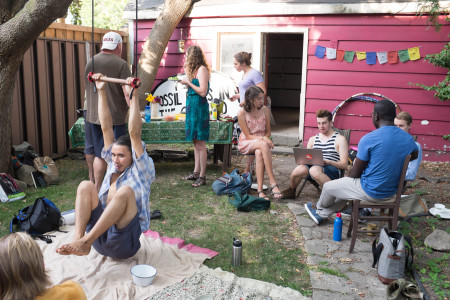Stephen Harper’s Conservatives won their first minority in Canada’s 39th general election in 2006, defeating the Liberals under Paul Martin with 124 seats to 103.
In 2008, the Conservatives did better against the Liberals under Stéphane Dion, ending up with 143 and 77 seats respectively.
In 2011, the Conservatives won a majority government with 166 seats. The Liberals under Michael Ignatieff fell to 34 seats and the NDP became the official opposition under Jack Layton.
On October 19th, we will have our 42nd general election. Polls suggest the NDP is most likely to win, but a lot can still change and may outcomes seem possible.
In the long run, I think Canada would be best off if the Liberals and NDP merged into a Liberal-Democratic Party that will be consistently capable of competing with a united right-wing. I respect the fear some people have that a system dominated by two parties will lead to US-style politics. At the same time, Canada’s parliamentary system with executive-legislative fusion has quite distinct characteristics from the US presidential/congressional split.
When it comes to climate politics, we can’t have policies that get reversed with every change of government. Libertarians and conservatives need to acknowledge what we are doing to the planet and endorse effective policies for responding to it. Continued delay will only increase the eventual need for government intervention.

